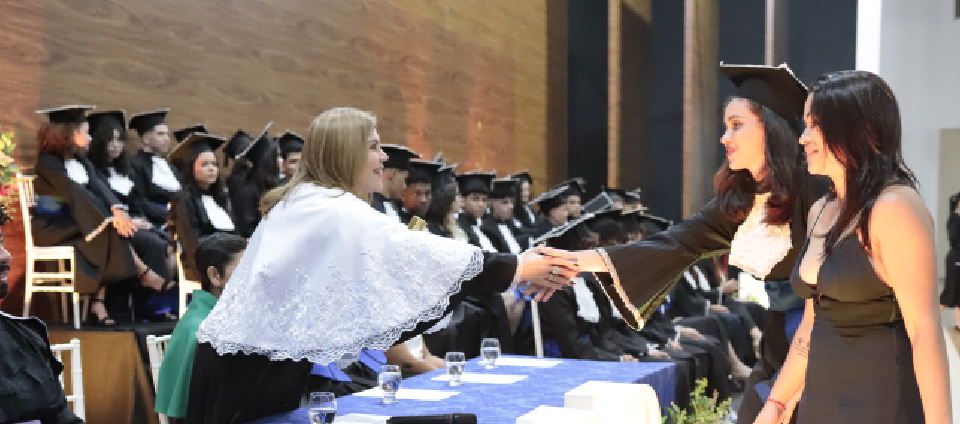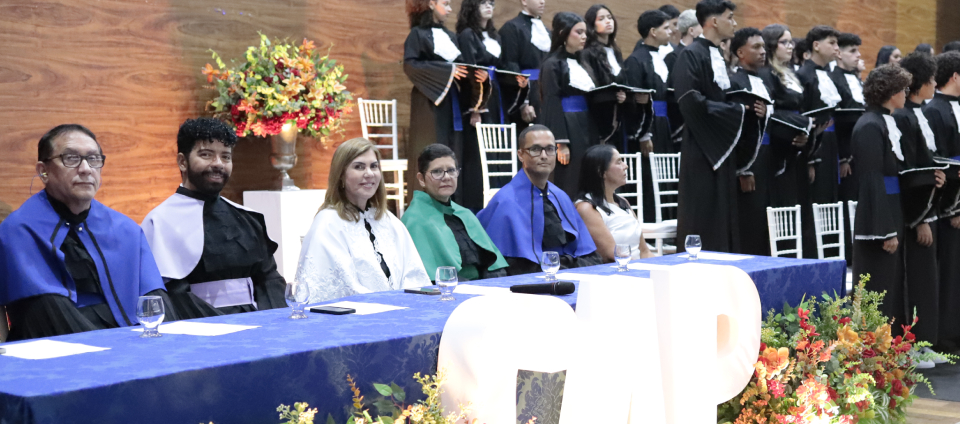The Rev. Amos Brown was taking his usual Sunday afternoon nap in late July when a longtime congregant, Vice President Kamala Harris, called.
“Pastor, I need for you to pray for Doug, for me and for this nation,” Brown, pastor of the Third Baptist Church of San Francisco, recalled her saying. “I’ve decided to run for president.”
President Joe Biden had announced only a few hours before that he was abandoning his reelection campaign, and he endorsed Harris almost immediately.
The prayer Brown, 83, offered was drawn from a Bible verse that Harris quotes often: “What does the Lord require of you but to do justly, to love mercy, and to walk humbly with your God?”
That quiet moment is a rare glimpse into the private spiritual life of Harris, whose biography embodies the multifaith, pluralistic and increasingly secular America she is bidding to lead. The daughter of a Hindu mother and a Christian father, she went on to marry a Jewish man in a ceremony that incorporated both Indian and Jewish traditions, according to media reports at the time. The couple affixed a mezuzah — a small scroll in a decorative case, signifying a Jewish home — on the doorpost of the vice presidential residence in 2021, a first.
Harris is a person “who has gone through what it means to be living in a multifaith democracy in her own life,” said the Rev. Paul Brandeis Raushenbush, who heads Interfaith Alliance.
Harris has visited several churches in the final weeks of the election campaign. On Sunday, her 60th birthday, she made appearances at two in Georgia, coinciding with the campaign’s “Souls to the Polls” effort to turnout Black churchgoers.
Most Americans do not see either Harris or former President Donald Trump as particularly religious. In a poll in September by The Associated Press-NORC Center for Public Affairs, 43% of respondents said they thought Harris was “religious,” and 35% said that of Trump.
This perception may not be a problem for a significant share of Harris’ base. As religious adherence declines broadly among Americans, the drop-off has been much steeper among Democrats. In 1999, about 60% of both Democrats and Republicans described themselves as “religious,” according to polling by Gallup. By 2023, the figure among Republicans had barely moved, but only 37% of Democrats described themselves that way.
Harris has said she grew up attending both a church, the Twenty-Third Avenue Church of God in Oakland, California, and a Hindu temple, which she has not named. In her adulthood, she has maintained ties to the Black church and its tradition of political organizing. But though she peppers her speeches and interviews with references to Scripture, she rarely speaks about her faith in the personal terms that are familiar to evangelicals, nor does she go to church as often as does Biden, a Catholic who attends Mass regularly.
Trump was baptized as a Presbyterian and announced in 2020 that he identified as a nondenominational Christian, a broad category that includes many evangelicals. He has displayed little familiarity with the Bible or with basic tenets of Christian theology.
Even so, Trump has portrayed himself as a defender of conservative Christian values, and has made baseless assertions that Harris has presided over a “wave of anti-Christian bigotry” and wants to turn Christians into “second-class citizens.” Trump allies have also questioned her bonds to the Black church.
A spokesperson for the Harris campaign did not respond to a list of detailed questions about the candidate’s faith and spiritual life. During a recent interview with radio host Charlamagne Tha God, Harris defended herself from the charge that she hasn’t engaged enough with Black churches. She framed the attack on her as a continuation of Trump’s efforts to discredit her racial identity.
“They are trying to disconnect me from the people I’ve worked with — and that I am from,” she said, adding, “I grew up in the Black church.”
It is Trump, she said, whose values are out of step with the teachings of justice, mercy and kindness, a reference to Micah 6:8, the Bible verse that Brown invoked when she sought prayers for her candidacy.
“God is good,” Charlamagne said.
“Everyday, all the time,” Harris responded, a version of the common call and response heard in Black churches.
(Erin Schaff | The New York Times) People pray over Vice President Kamala Harris, the Democratic presidential nominee, during a service at New Birth Missionary Baptist Church in Stonecrest, Ga., Oct. 20, 2024. Harris’ biography embodies the multifaith, pluralistic and increasingly secular America she is bidding to lead.
When addressing Black religious audiences, Harris sprinkles in Bible verses. She closed a recent address at a North Carolina church with a citation from Psalm 30:5 — “Though weeping may endure for a night, joy cometh in the morning” — that had the audience clapping and shouting in recognition before she finished reciting the verse.
For about 20 years, Harris has been a member of Brown’s church, a congregation established before the Civil War where Martin Luther King Jr. once preached. The first connection between Brown and Harris was political, not spiritual: She was introduced to the pastor and civil rights activist by Willie Brown, San Francisco’s mayor at the time, and went on to advise the pastor on his campaign for a seat on the city’s board of supervisors in the 1990s. He won.
Although Harris left the Bay Area years ago, and has since assembled a network of faith advisers from predominantly Black churches across the country, Brown said Third Baptist remains her spiritual home. She is not known to attend services regularly in Washington or Los Angeles, where she moved after marrying Doug Emhoff. (Brown pointed out that evangelist Billy Graham was a member of a Southern Baptist church in Dallas for decades even though he never lived in the city.)
[Kamala Harris’ pastor, the Rev. Amos Brown, is a close friend of Russell M. Nelson, president of The Church of Jesus Christ of Latter-day Saints.]
(Jeffrey D. Allred | Pool) President Russell M. Nelson of The Church of Jesus Christ of Latter-day Saints meets with the Rev. Amos Brown during his 100th birthday celebration at the Little Theatre of the Conference Center in Salt Lake City on Monday, Sept. 9, 2024.
In an interview last week, Brown described Harris as a Christian — “a follower of Jesus of Nazareth” — whose faith was expressed primarily in action rather than in rhetoric. He offered as an example a pilot program she initiated in 2005 to reduce recidivism among young nonviolent drug offenders, which he characterized as an expression of compassion and seeing the dignity in all people.
“Her faith is an active faith, a walking faith,” he said. “She’s a doer of the word.” He contrasted that to a showier style that he dismissed as “a whole lot of hallelujah but not much do-aloojah.”
In her memoir, “The Truths We Hold: An American Journey,” published in 2019, Harris described her Christian faith in similar terms: “‘Faith’ is a verb,” she wrote. “I believe we must live our faith and show faith in action.”
Some of Harris’ allies believe she should be more explicit on the campaign trail about her Christian ties.
“She needs to continue to talk about her faith, to let the world know that she is a proud Christian and that she is a woman who is a deep prayer warrior,” said the Rev. Kevin Johnson, the senior pastor of Abyssinian Baptist Church in the Harlem section of New York City, who said he and Harris met years ago in Pennsylvania.
On a visit Sunday to the New Birth Missionary Baptist Church, an Atlanta-area megachurch that has hosted numerous politicians, including former President George W. Bush, Harris used the parable of the good Samaritan from the Gospel of Luke to weave together testimonies about faith, action and power.
And then, at the end of the service, the Rev. Jamal Bryant asked the congregation to turn to Harris and stretch their hands toward her. The candidate stood in the front pew, with her head bowed, her eyes closed and her hands clasped in front of her, receiving their prayers.
This article originally appeared in The New York Times.


Warning: Undefined variable $user_ID in /home/u824415267/domains/acre.com.br/public_html/wp-content/themes/zox-news/comments.php on line 48
You must be logged in to post a comment Login